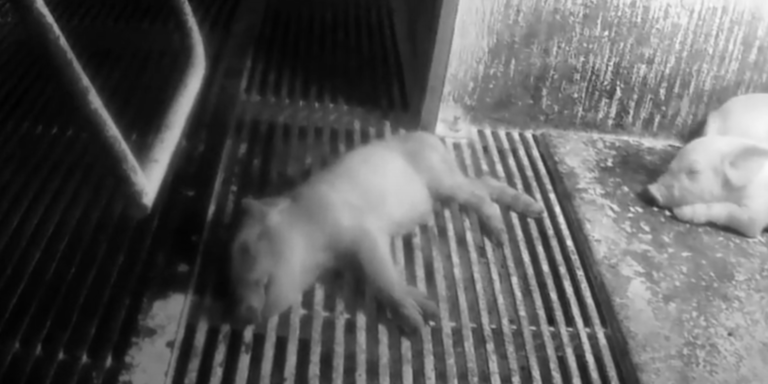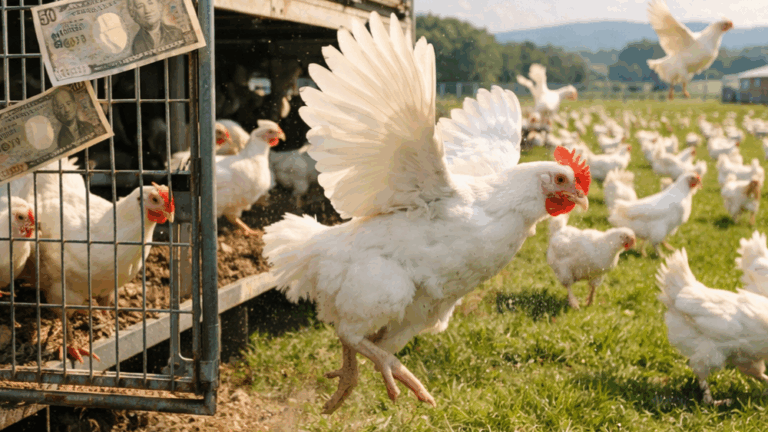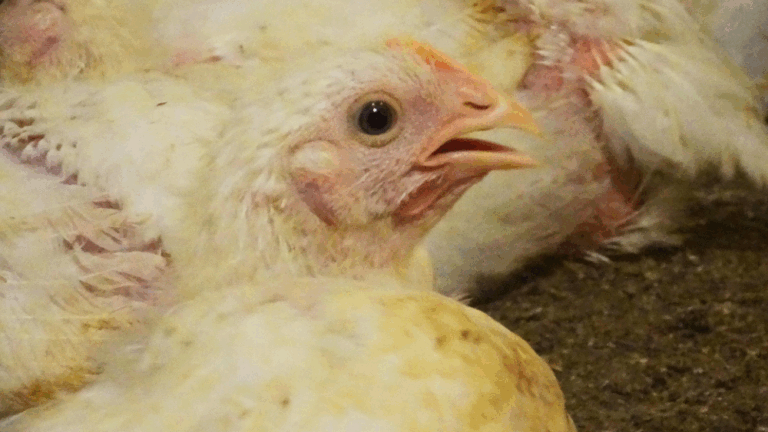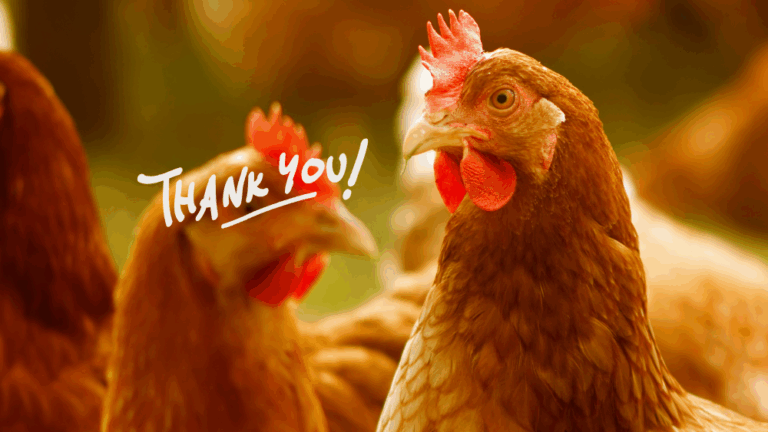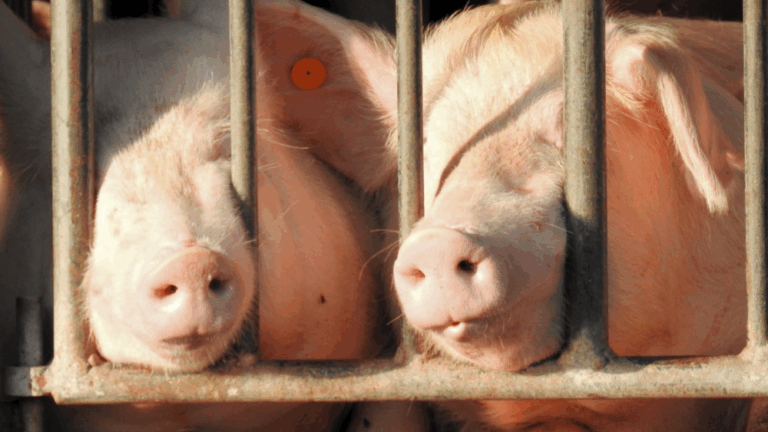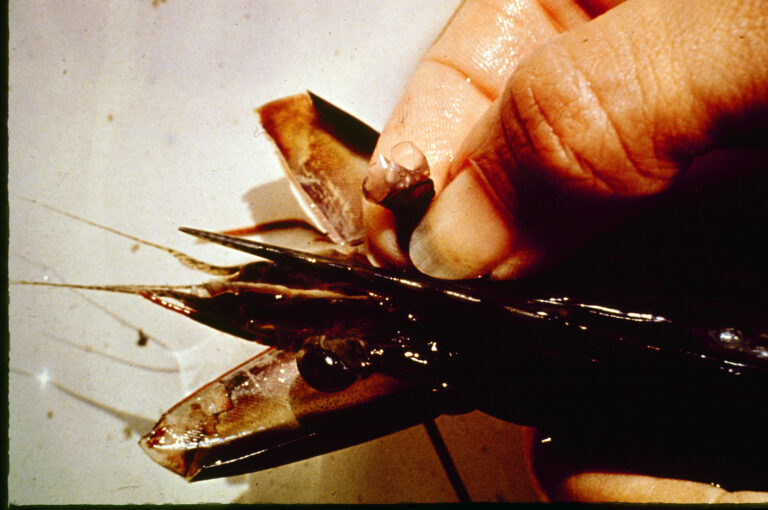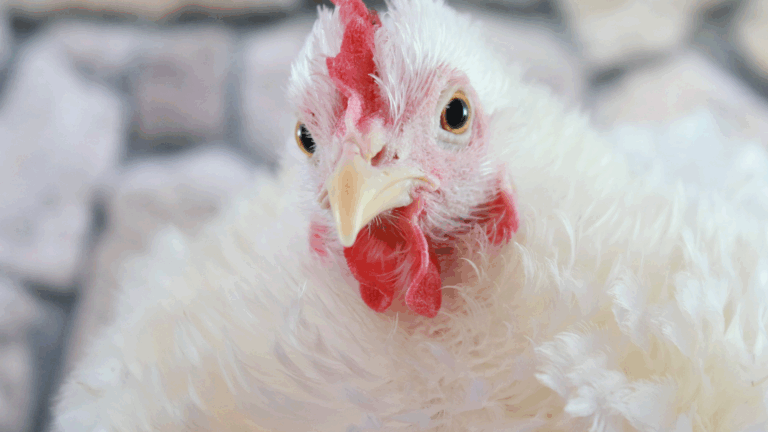In pig farms, animals die in breeding facilities more than any other places. They die not just because of miscarriage, but they also get slaughtered by hand by humans. Piglets are killed every day because they are unable to stand up, too weak, or too slow to develop.
In this farm, piglets get smashed against the edge of the gestation crates, which results in slow and painful death.
It’s also a common practice to kill them by injecting disinfectant, Pacoma, which causes blood coagulation in their heart. This method is not permitted per international standards as it’s not an approved usage of the infectant. Some also kill piglets by using CO2 but this method also causes extreme pain.
This is just one part of all the agony, horror, and pain happening in the agriculture business. In factory farms, animals are suffering, horrified, and hurt day to day without being seen.
There are only bad things that happen if we gather so many animals in one place. There’s no exception to this. Meat, eggs, and dairy products we enjoy eating are based on such agony. We cannot allow it if our happiness is at someone’s expense. And yet, animal consumption keeps rising, so does the number of animals killed.
Animal welfare is such an essential piece for our society as well as to keep our Earth sustainable. We should make efforts and investments to commit to animal welfare. Today, there are so many companies who are disclosing information about how they can be more kind to animals and prevent violence towards them while admitting their faults in the past. Progressive companies are also shying away from factory farming for this reason.
In Japan, on the other hand, many companies don’t have data to improve animal welfare, or to reduce animal sufferings. For instance, they have no idea what their meat (animals) had to go through in their factories.
Why is Japan so behind?
Many people ask this question and here’s why:
- We rarely export livestock products so there has been no necessity to meet the global standards. They only look at Japanese consumers who are not aware of the issue.
- We don’t have a long history of agriculture so our technology and knowledge in this field is premature.
- 88% of the feed for animals is imported from abroad so the cost is quite high. The environment is not suited to raise such a large number of animals.
- Historically speaking, we have regarded animal husbandry as taboo since it involves slaughtering.
- When it’s used in the context of animal welfare, the word “welfare (愛護)”implies we only care for animals we love.
- There are not many civil movements in Japan to start with. We rarely see movements for livestock animals.
Please help us to stop animal cruelty.
Translated By: Seika K.


